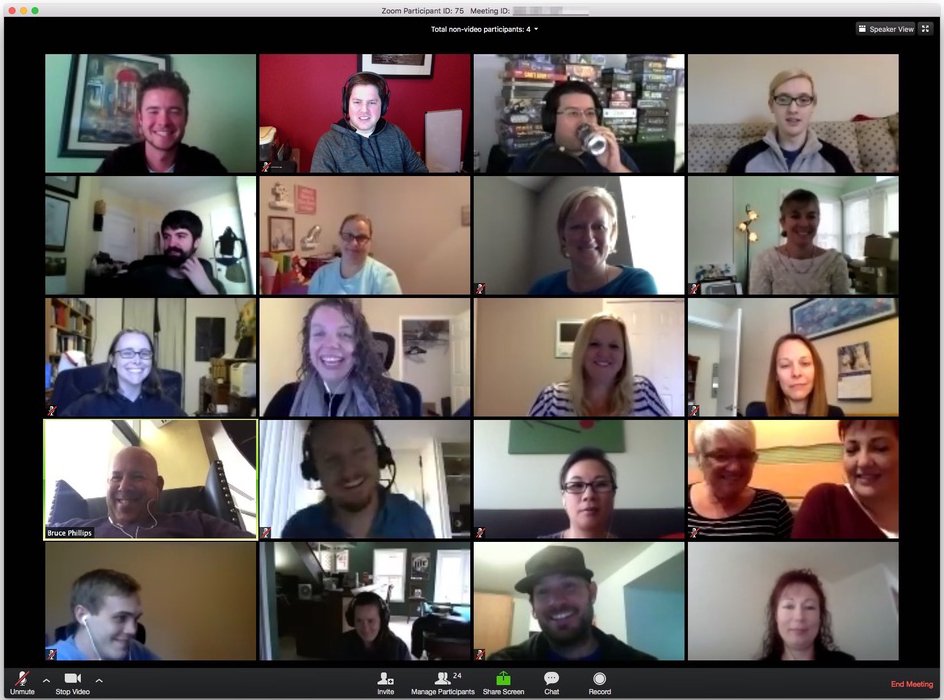Five Ways to Manage Your Team During Work From Home

The Covid-19 virus has disrupted and rearranged the workplace with breathtaking speed. In the span of a week, organizations across every sector have sent millions of employees home to work remotely. Without warning — and in many cases, without preparation of any kind — managers have been thrust into the position of leading virtual teams, many for the first time.
You’ll need to reset expectations for how work gets done and adapt your management style to a new context.
To help managers who are new to this — or even experienced managers who need additional guidance in these trying times — here are my best recommendations for supporting continued learning and the emotional well-being of your employees.

Reset your expectations.
Most teams are socialized. They work together, located in the same office, under the same working conditions, with the same work schedule. You’ll need to reset expectations for how work gets done, letting go of when and how tasks are accomplished, allowing team members to accomplish their responsibilities on their own terms. This means focusing on results and offering more flexibility.
Update even if there’s no update.
Uncertainty fuels anxiety. The more you communicate and share, the less chance there is to develop an information vacuum within your team. Maintaining transparency through a crisis with frequent updates is the ultimate expression of good faith, empathy, and genuine concern for your team.
Support continued learning but keep it short
Focus on sharing short lessons on a single topic in a five to 10-minute segment. These might cover a specific tool, behavior, or skill that can be applied upon returning to work. You might ask a different team member to lead a short discussion about the application, relevance, and implications of what everyone learned.
Model optimism and drain the team of fear.
Optimism is contagious. Leaders who demonstrate hopefulness and confidence in the future are better able to help their team members find meaning and purpose in work, especially under stressful conditions. On a positive note, consider this –
Constraints are often the enabling factor that sparks innovation.
Invite your team to use the quarantine conditions as a stimulus for new ideas.
Continually gauge stress and engagement levels. Make it crystal clear to your team members that your chief concern is their well-being. On a zero-to-10 scale, have team members rate the level of stress they currently feel. Your intuitive or impressionistic sense of the individual may be wrong, so it helps to get quantitative responses.
Humans are hyper-social creatures who long to belong. Creating psychological safety is paramount most importantly in times like this.
Read the full article at HBR






